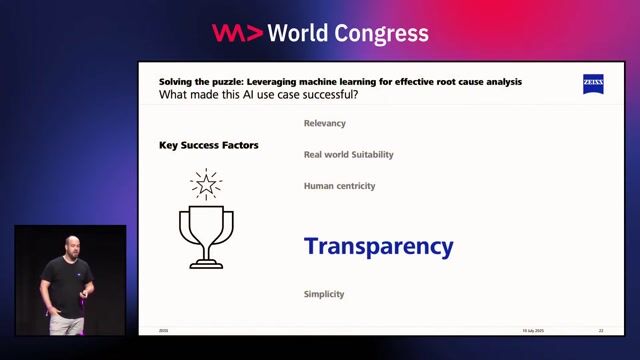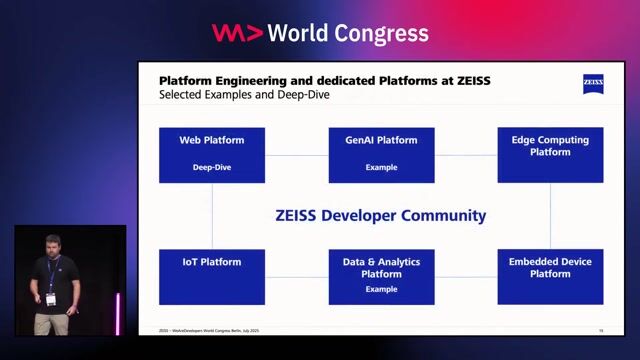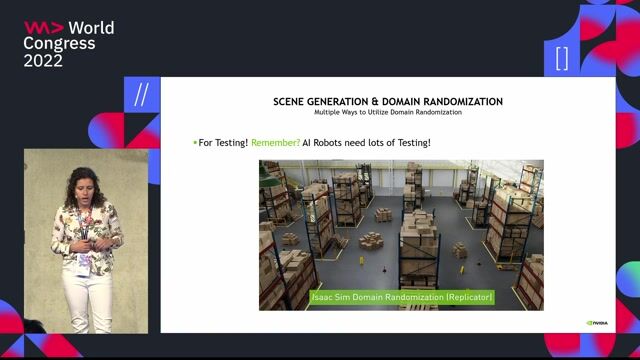Scientific Assistant in Biomedical Machine Learning and Data Science
Role details
Job location
Tech stack
Job description
- Explore and manage SCI datasets: Work with international databases of SCI patient data, ensuring accurate handling, preprocessing, and integration of heterogeneous clinical, neurophysiological, and biomarker information. These datasets are readily available at the start of the project.
- Develop advanced deep learning models: Design and implement a multi-branch neural network capable of integrating multiple data modalities into a unified representation.
- Implement a multi-task learning framework: Build and evaluate models that predict multiple, related recovery outcomes simultaneously, leveraging shared information between tasks to enhance predictive performance, interpretability, and generalization., * The opportunity to contribute to cutting-edge biomedical data science with direct clinical relevance.
- Advance your skills in data science, machine learning, and neuroinformatics through biomedical applications to critical health conditions, with a focus on SCI.
- Be part of a highly motivated, multidisciplinary, and collaborative team.
- Learn from experts in the field and contribute to an active research lab.
Working, teaching and research at ETH ZurichWe value diversity and sustainabilityIn line with our values, ETH Zurich encourages an inclusive culture. We promote equality of opportunity, value diversity and nurture a working and learning environment in which the rights and dignity of all our staff and students are respected. Visit our Equal Opportunities and Diversity website to find out how we ensure a fair and open environment that allows everyone to grow and flourish. Sustainability is a core value for us - we are consistently working towards a climate-neutral future.Curious? So are we.
We look forward to receiving your online application with the following documents:
- Curriculum Vitae (CV): outlining your educational background, previous positions, and (if applicable) publications.
- Task-based statement (maximum 1 page): briefly describe how you would approach the integration of longitudinal multi-assessment data for recovery prediction after SCI.
- Suggest strategies to combine longitudinal clinical assessments (e.g., demographic, neurological, neurophysiological, and biomarker data) to predict recovery outcomes.
- Discuss methodological approaches to effectively utilize all available data, accounting for repeated measurements and missing assessments, rather than restricting analyses to complete cases.
- Contact information from two references
Requirements
- You hold a Master's degree in Computer Science, Data Science, Biomedical Engineering, or a related field.
- You have strong Python programming skills and a proven track record in developing and training machine and deep learning models using Keras/TensorFlow and/or PyTorch, supported by experience in statistical data analysis.
- You have experience with collaborative coding practices, version control (e.g., Git), and working on computing clusters.
- Experience with SCI data or related research topics is an advantage.
- Background in biomedical projects and experience in interdisciplinary collaboration is a plus.
- You are motivated to work as part of a diverse team and are committed to scientific excellence in your field.
- You are proficient in both written and spoken English., Research Field Computer science
Years of Research Experience 1 - 4
Research Field Computer science
Years of Research Experience 1 - 4










